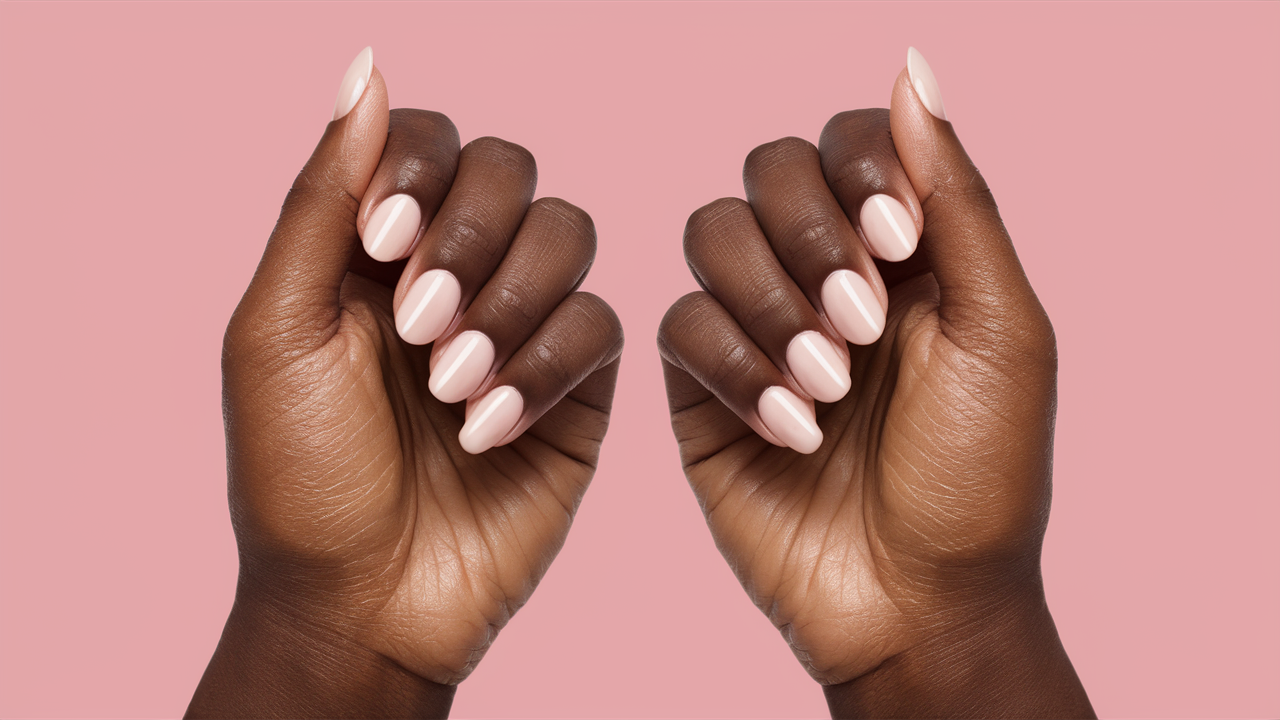The Impact of Stress on Skin, Hair, and Nails: Coping Strategies

Stress is a common part of life, but its effects can go beyond mental health. It can also affect our physical appearance, especially our skin, hair, and nails. In this blog post, we will explore how stress impacts these areas and share some effective coping strategies to help you manage stress and maintain your natural beauty.
The Effect of Stress on Skin
How Stress Affects the Skin
When we are stressed, our body releases hormones like cortisol. High levels of cortisol can cause various skin problems. Here are some of the common issues:
- Acne: Stress increases oil production in your skin glands, which can clog pores and cause acne.
- Eczema and Psoriasis: Stress can trigger flare-ups of eczema and psoriasis, causing redness, itching, and discomfort.
- Hives: Stress can cause hives, which are itchy red spots on the skin.
- Dry Skin: Stress can affect the barrier function of the skin, leading to dryness and irritation.
Coping Strategies for Healthy Skin
Maintaining healthy skin while managing stress is possible with a few practical steps:
Maintain a Skincare Routine: A consistent skincare routine helps keep your skin clean and moisturized. Use gentle cleansers and moisturizers suitable for your skin type.
Stay Hydrated: Drinking plenty of water helps keep your skin hydrated and flushes out toxins.
Healthy Diet: Eating a balanced diet rich in fruits, vegetables, and omega-3 fatty acids can improve your skin’s health.
Relaxation Techniques: Practices like yoga, meditation, and deep breathing can reduce stress levels and improve skin conditions.
Sleep Well: Aim for 7-9 hours of sleep each night to allow your skin to repair and regenerate.
The Effect of Stress on Hair
How Stress Affects Hair
Stress can also take a toll on your hair, causing various issues:
- Hair Loss: Stress can push hair follicles into a resting phase, causing hair to fall out more easily. This condition is known as telogen effluvium.
- Dull Hair: Stress can affect the natural shine and strength of your hair, making it look dull and lifeless.
- Scalp Issues: Stress can cause scalp problems like dandruff or an itchy scalp.
Coping Strategies for Healthy Hair
To maintain healthy hair despite stress, consider the following tips:
- Gentle Hair Care: Use mild shampoos and conditioners. Avoid harsh treatments like excessive heat styling, which can damage your hair.
- Balanced Diet: A diet rich in vitamins and minerals, especially biotin, zinc, and iron, can promote healthy hair growth.
- Regular Exercise: Physical activity improves blood circulation, which can help keep your scalp healthy.
- Scalp Massage: Massaging your scalp can improve blood flow and promote hair growth.
- Stress Management: Engage in activities that help reduce stress, such as hobbies, spending time with loved ones, or seeking professional help if needed.
The Effect of Stress on Nails
How Stress Affects Nails
Stress can also manifest in the health of your nails:
Brittle Nails: Stress can make nails weak and more prone to breaking.
Nail Biting: Many people bite their nails when stressed, leading to damage and infection.
Slow Growth: Stress can slow down nail growth, making it harder to maintain healthy nails.
Coping Strategies for Healthy Nails
Here are some ways to keep your nails healthy even when you’re stressed:
- Nail Care Routine: Keep your nails clean and trimmed. Use a moisturizer to prevent dryness.
- Avoid Nail Biting: Try to break the habit of nail biting by keeping your nails short and using bitter-tasting nail polish.
- Healthy Diet: Ensure your diet includes essential nutrients like biotin, protein, and vitamins to promote nail growth.
- Protect Your Nails: Wear gloves when doing household chores to prevent damage.
- Stress Reduction: Practice stress-relief techniques such as mindfulness, exercise, or talking to a friend or therapist.
Final Words
Stress can have a significant impact on your skin, hair, and nails. By understanding how stress affects these areas and adopting healthy coping strategies, you can maintain your natural beauty and well-being. Remember to take care of yourself, manage your stress levels, and seek professional help if needed. Your body will thank you for it!




